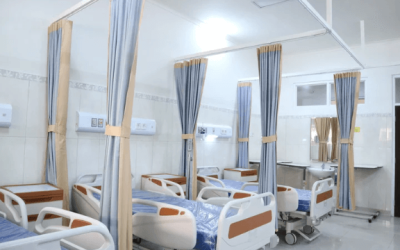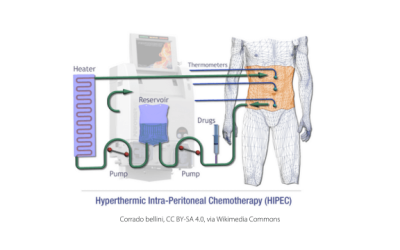
- Exercise can help maintain a healthy weight, which is important for PMP patients. Excess body weight has been linked to worse outcomes for some cancers.
- Exercise may boost the immune system, which could potentially help fight the cancer. Even light to moderate exercise can improve immune function.
- Exercise may reduce inflammation, which is important for PMP patients. Chronic inflammation has been linked to cancer progression.
- Exercise has been shown to improve the quality of life and mood of cancer patients in general. This is also relevant for PMP patients undergoing intensive treatments.
- Exercise increases endorphins and serotonin in the body, which can help reduce some of the discomfort associated with PMP.
However, it is important to exercise properly to minimize risks:
- Start slow and build up gradually.
- Don’t overexert yourself initially.
- Choose low-impact activities like walking, swimming, or cycling instead of high-impact exercises.
- Listen to your body and stop if you experience any pain or discomfort.
- Stay well hydrated during and after exercise.
As long as you exercise in moderation according to your physical capabilities and follow your doctor’s recommendations, it is unlikely to increase the risk of PMP spread. In fact, regular exercise provides health benefits for PMP patients.
So while rest is important as well, staying reasonably active through moderate exercise may help you feel better and cope with PMP. Just make sure to start slowly, choose the right activities, and pay attention to how your body responds. With proper precautions, exercise is generally safe and encouraged for PMP patients.
More FAQs
What to pack for your hospital stay
One of the questions we get asked a lot and features heavily in our support groups is “What do I need to bring into hospital with me?”.
What are the benefits of HIPEC?
HIPEC stands for “Hyperthermic Intraperitoneal Chemotherapy” and follows cytoreductive surgery (CRS).
Am I a candidate for HIPEC?
The eligibility for HIPEC depends on various factors such as the type and stage of cancer, extent of cancer spread, and overall health status.
Written by: the Pseudomyxoma Survivor editorial team



